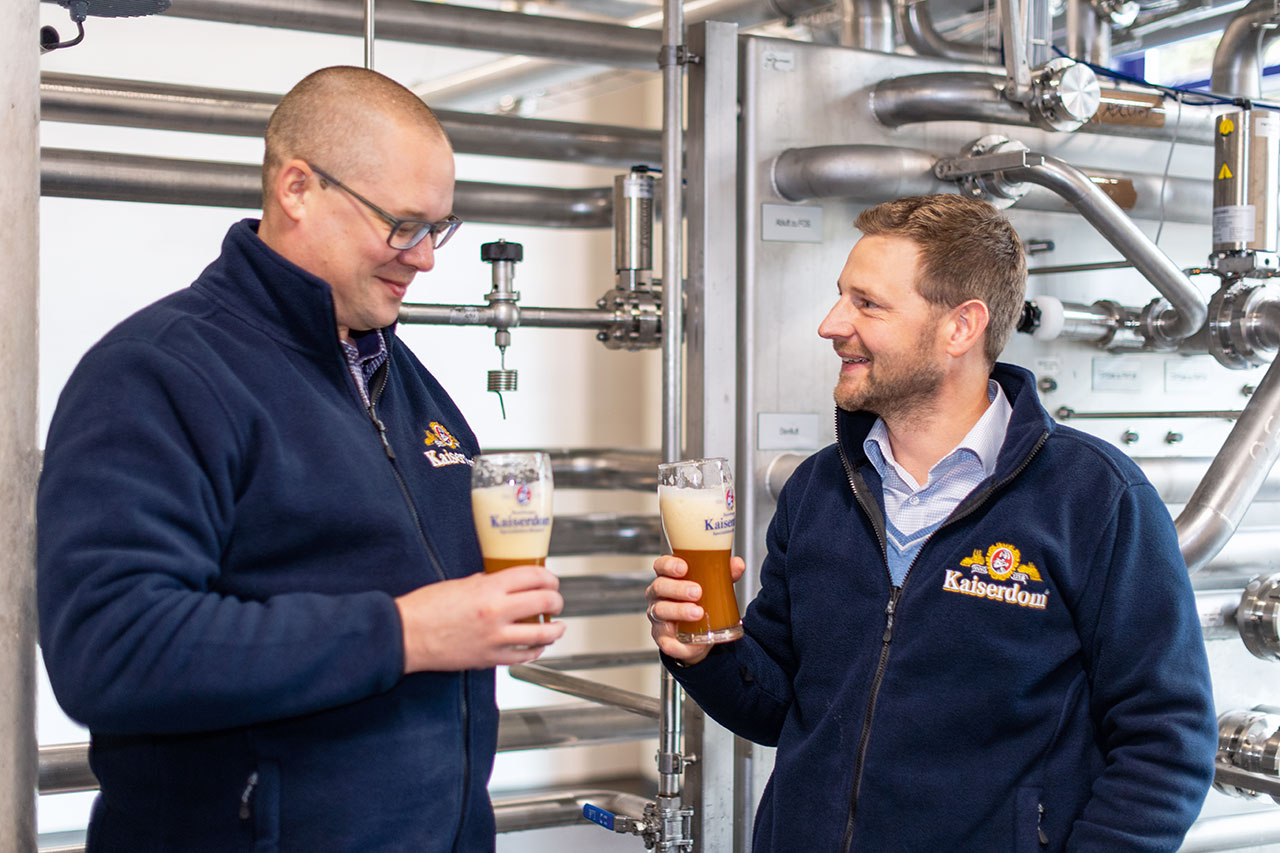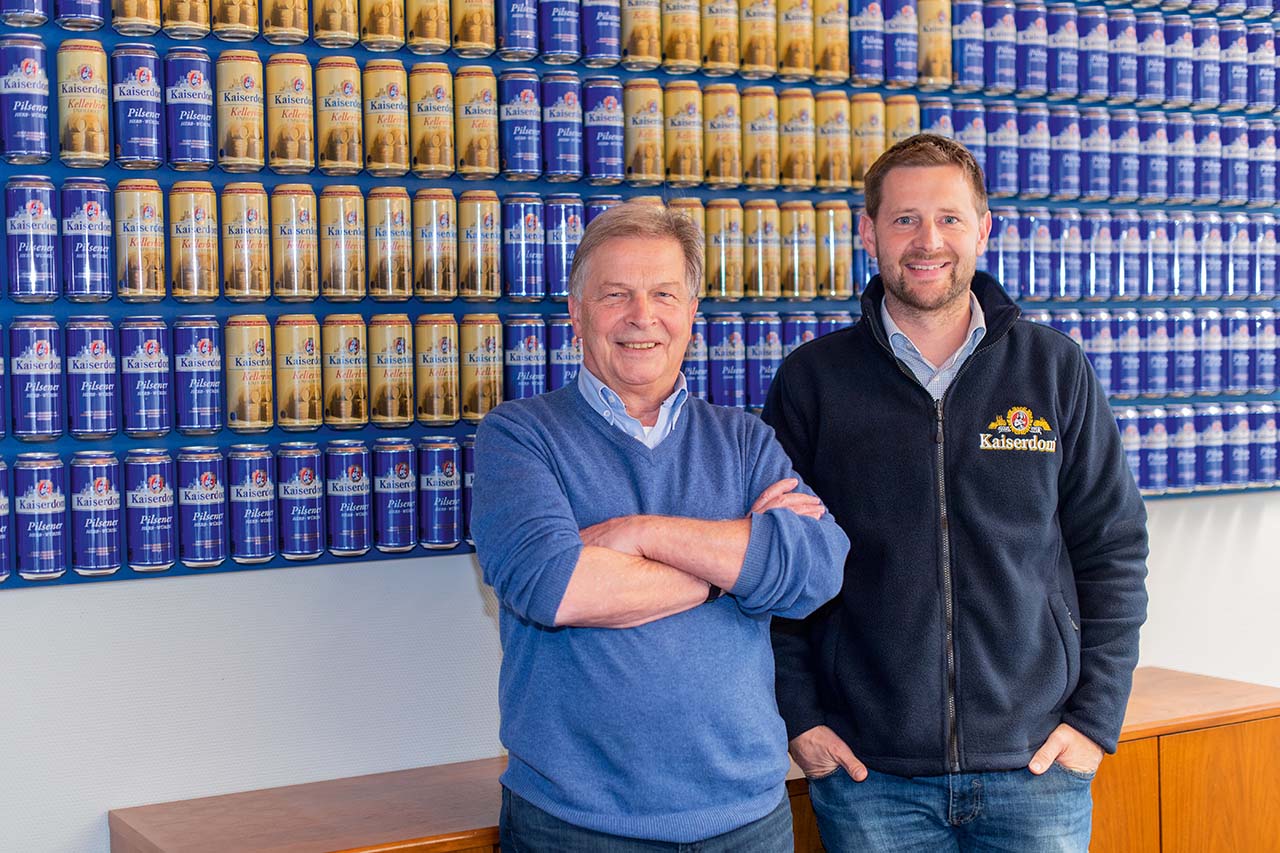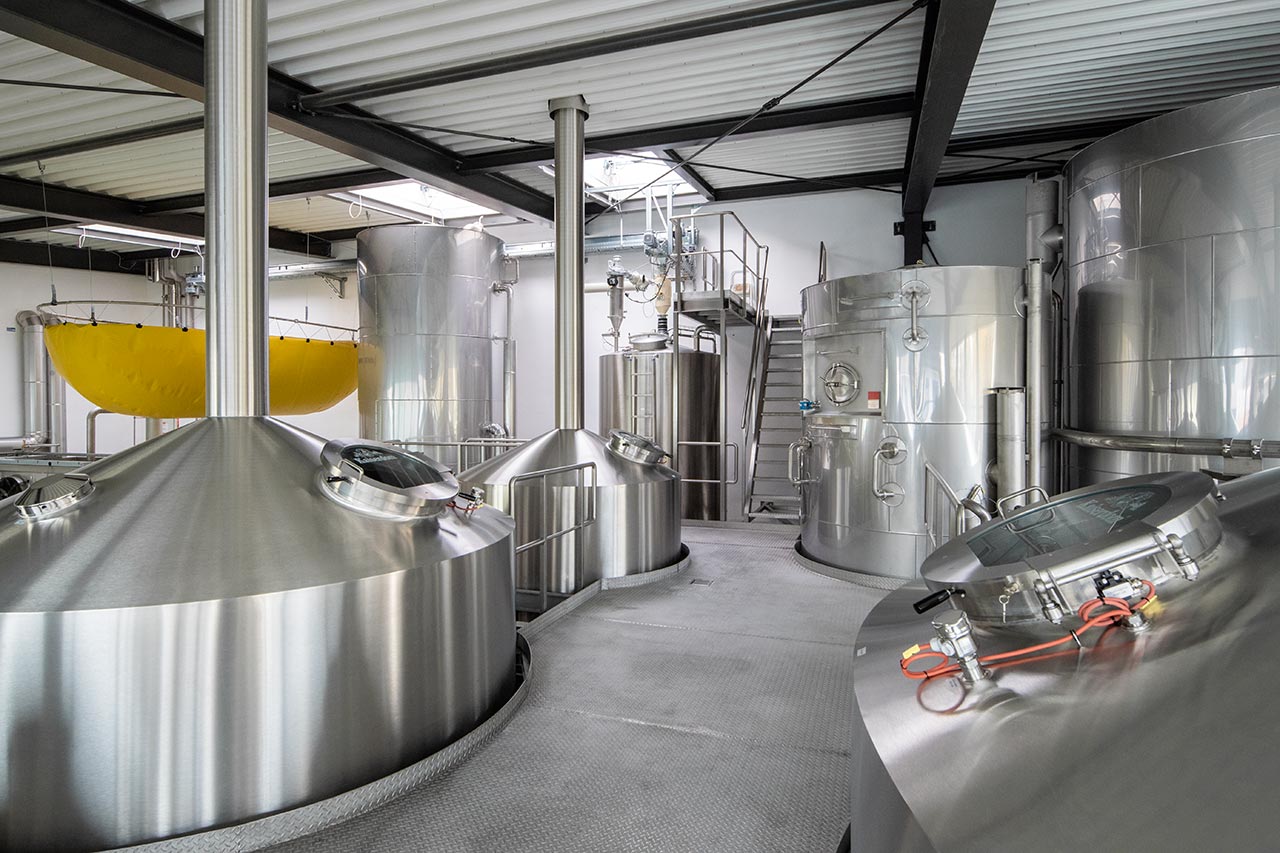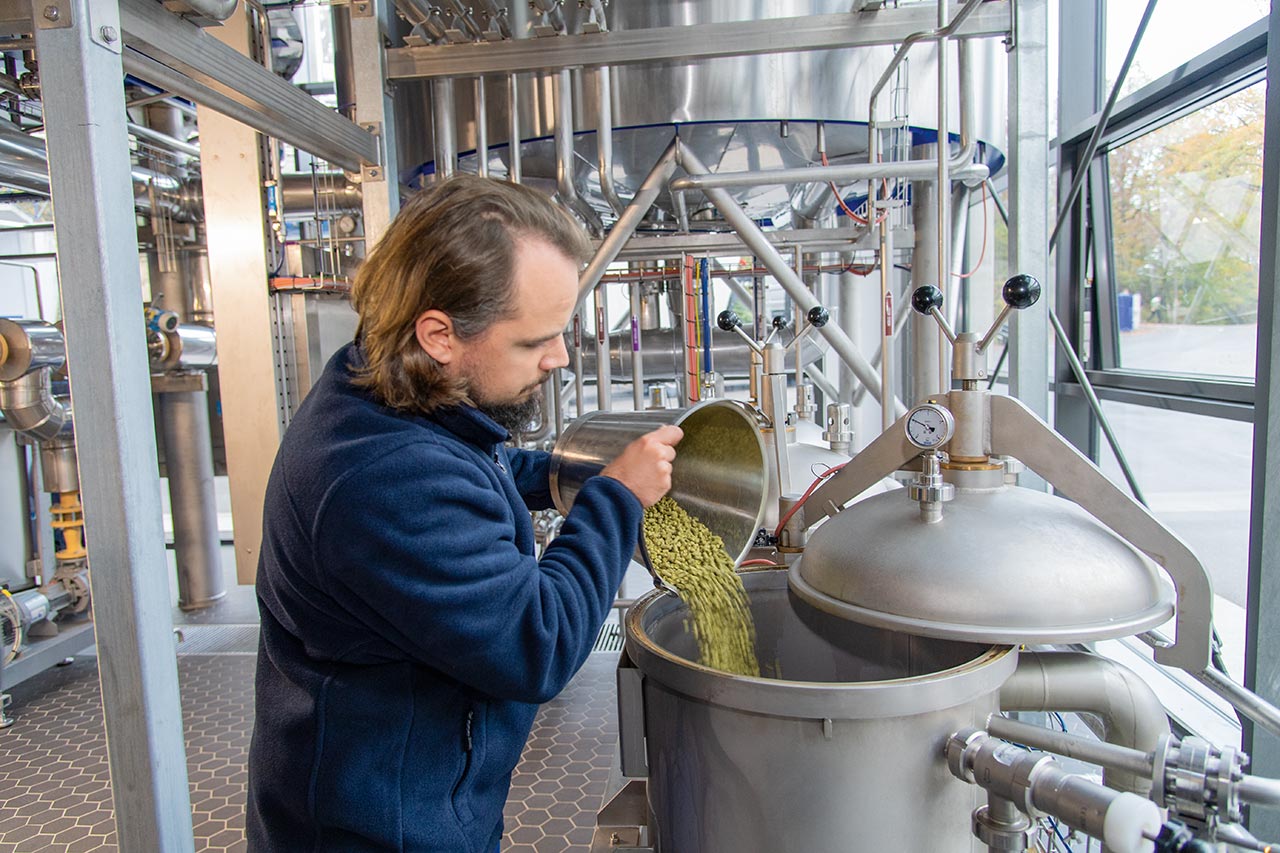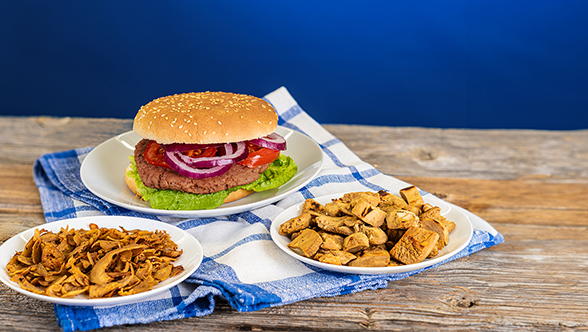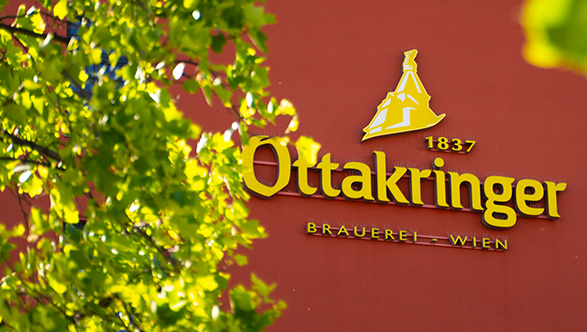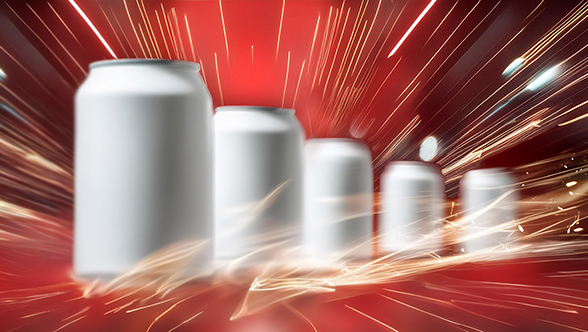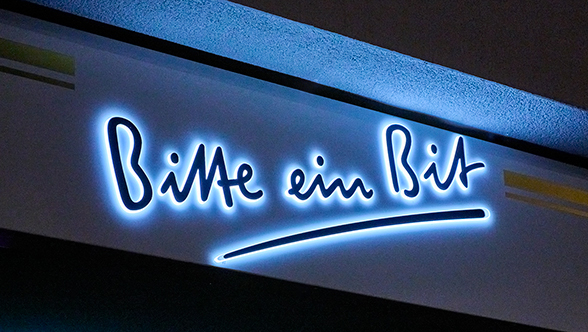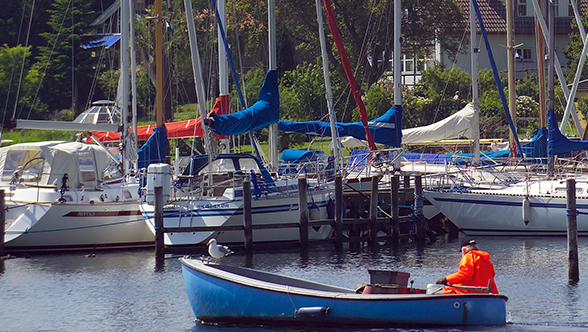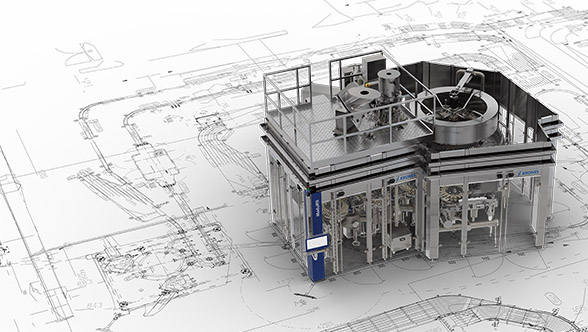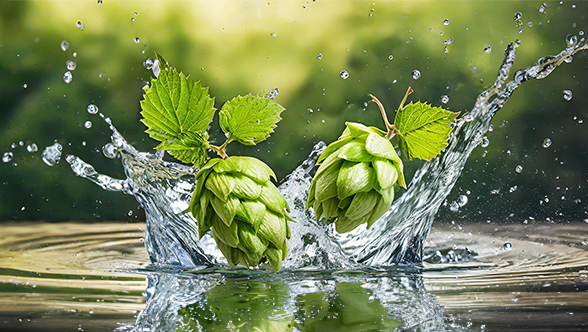Kaiserdom ranks among the oldest breweries in Bavaria. Founded in 1718, it recently celebrated its 300th anniversary. “But the brewery tavern here has been licensed to serve alcoholic beverages ever since the 14th century,” emphasises Georg Wörner, the brewery’s Managing Partner. Meanwhile, his son Felix Wörner, as the fifth generation in the family firm, has also been actively involved for the past five years, and has recently joined the board. As a typical full-range brewery, Kaiserdom possesses a broad portfolio: from pale ale and pilsner, wheat beer, Export lager and dark beer all the way through to seasonal products like bock and festival beer. No matter whether they’re bottom or top-fermented – all the products are brewed at the main facility in Bamberg, for an annual output of currently 320,000 hectolitres. Besides traditional beers, the company’s range also includes mixed beverages like shandy or energy drinks
In terms of packaging, the privately owned brewery concentrates on glass bottles and cans – depending on the sales region concerned. Whereas in Germany the glass bottle is firmly anchored in the beer market, many other countries opt solely for cans. For its overall success, Kaiserdom relies not only on its domestic sales but on a total of three mainstays: besides national sales of its own beers, the brewery also handles orders in the categories of contract brewing and contract fillingThe third and largest mainstay is meanwhile export business, accounting for around 65 per cent.
A once-in-a-generation project: new brewhouse
Not only rising exports, but also the ageing brewhouse, now demanded some capacity upsizing and a corresponding investment thrust: it was only a few years ago that Kaiserdom had placed an order with Krones for expanding the fermentation and storage cellar with eight new tanks and building a new yeast cellar. Coinciding almost exactly with the change-over at the top, the brewery also continued its collaboration with Krones, and opted for a new brewhouse rated at 150 hectolitres of cold wort. That’s not the only reason why the new acquisition is for Georg Wörner a kind of once-in-a-generation project: “We had already realised in the last ten years that we wanted to replace the brewhouse.” he explains.

